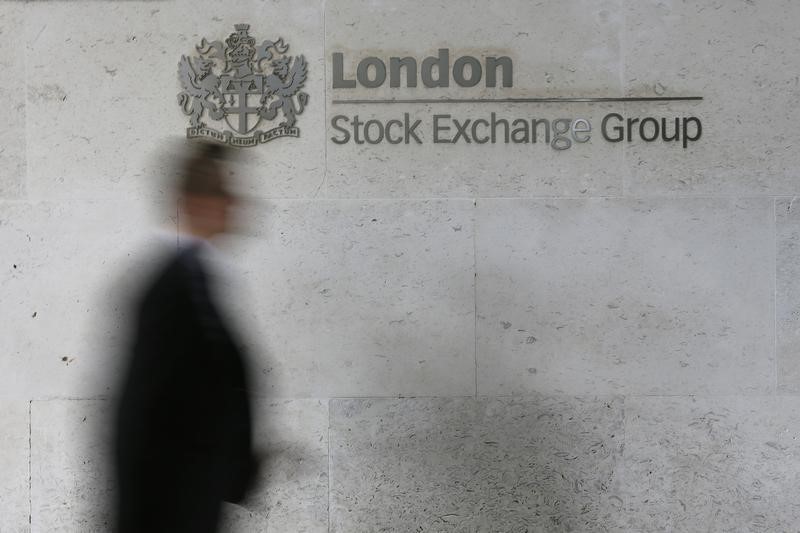By Sudip Kar-Gupta and Alistair Smout
LONDON (Reuters) - The FTSE steadied on Monday, supported by a rise in HSBC but falling short of record highs as traders said housing reform proposals by the Labour Party had caused a pullback in property stocks.
Europe's biggest bank HSBC (L:HSBA), rose 2.9 percent after the Sunday Times reported that it was weighing plans to spin off its British retail bank in a 20 billion-pound deal.
The news comes after the bank said it was reviewing whether or not to maintain a headquarters in Britain, given heightened regulation and uncertainty over a possible EU referendum.
"HSBC investors are warming to reports that the UK-domiciled and London-listed bank is mulling a spin-off of its UK retail banking operations to ensure it remains flexible to any changes to the UK's membership in the EU," Will Hedden, dealer at London Capital Group, said in a note.
Rival bank Standard Chartered (L:STAN) also rose 2.7 percent. HSBC declined to comment on the Sunday Times report.
The rise in HSBC added 14 points to the FTSE 100 (FTSE), enough to bring it into positive territory. The index was up 9.14 points, or 0.1 percent, at 7,079.84 points by 1051 GMT.
Housebuilders such as Taylor Wimpey (L:TW) and Barratt Development (L:BDEV) were among the worst performers in the FTSE 100.
The Labour Party said on Sunday it would introduce rent controls if it won an election on May 7, and ban private landlords from raising rents by more than the rate of inflation for the duration of new three-year contracts.
The party also said it would scrap stamp duty for first time buyers, but traders said the overall effect of the proposals could be a slowdown in the housing market, which in turn was contributing to the drop in housebuilder stocks.
"Nervousness over the election is finally starting to filter into the FTSE 100. Rent controls will affect the housing sector," said Atif Latif, director of trading at Guardian Stockbrokers.
"Even though we have seen positive news on stamp duty proposals from Labour, investors are trimming positions as the election date closes in."
Opinion polls put the ruling centre-right Conservatives neck-and-neck with centre-left Labour, while the Scottish National Party (SNP) could hold a balance of power.
Traders cite uncertainty stemming from the Conservatives' promise to hold a referendum on Britain's membership of the European Union by the end of 2017 if they win.
The FTSE remained near record highs of 7,119.35 points reached earlier this month, but some traders said uncertainty ahead of the election could limit near-term gains, with the index already up around 7 percent since the start of 2015.

"We're up around these record highs, so it doesn't take much to get people to hit the 'sell' button to cash in some profits," said Central Markets trading analyst Joe Neighbour.